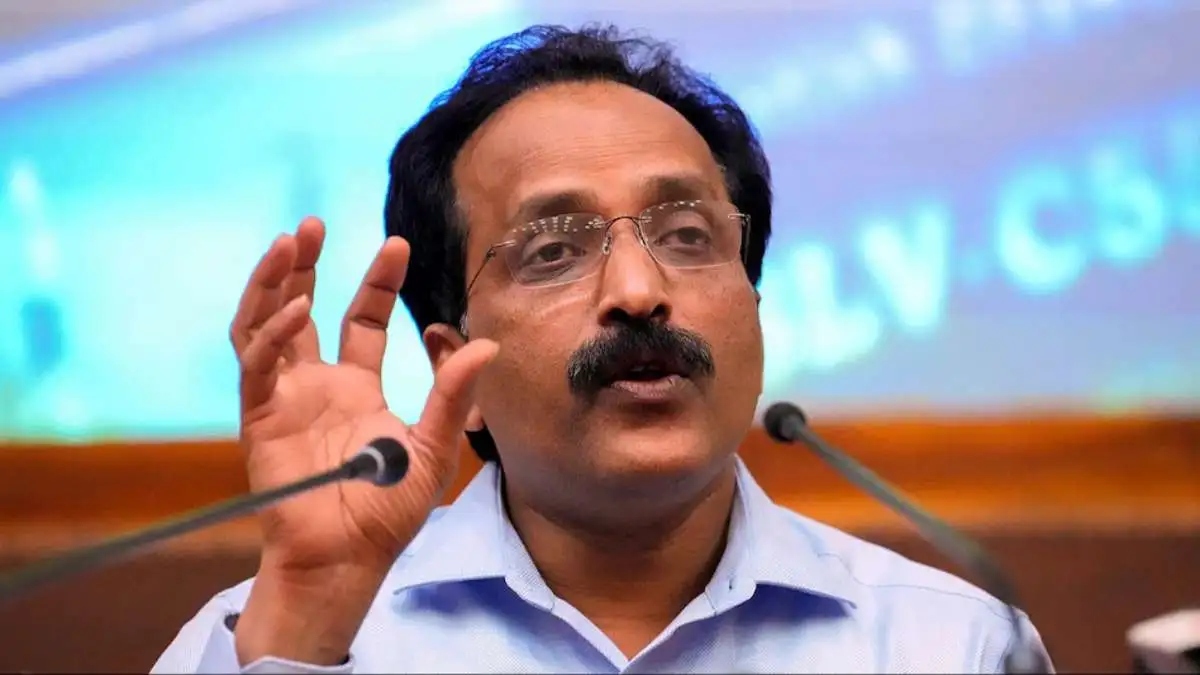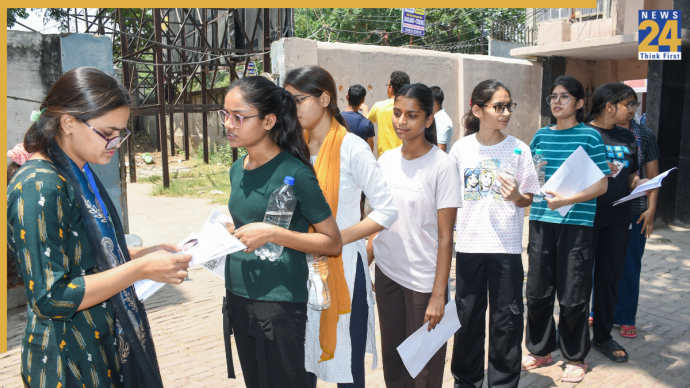S. Somanath, the Chairman of ISRO laid great focus on the need for private sectors and startups in driving India’s space industry forward, aiming to capture a larger share of the global market. He emphasized this while speaking on the theme “ISRO’s Vision and the Rise of India’s Space Tech Companies” at the central startup event, Huddle Global 2024, of the Kerala Startup Mission on Friday.
For instance, while India is known today as one of the leading space technology powers in the world, India’s space income today continues to be a meagre 2% of the world Space economy, or approximately $386 billion. Somanath set his sights on taking it to $500 billion by 2030 and generating $1.5 trillion by 2047.
Also Read: Crisil Says No Negative Actions So Far By Lenders, Investors On Adani Following US Indictment
Somanath underlined the prospects in the field. He said that India deploys only 15 space satellites – this is a small figure compared to India’s technological expertise. He recommended that with the emergence of many satellite manufacturing companies, India could plan to put at least 500 satellites in space.
“The private sector is making impressive strides. Today we have seen private companies which are capable of making satellites and launching them and now even private launch pads are being built,” Somanath said.
There has been a very rapid growth of space startups from one to more than 250 by 2024. These startups collectively were able to mobilise ₹1,000 crore investment in the 2023 financial year. Also, today more than 450 Micro, Small and Medium Enterprises MSMEs and more than 50 large firms are adding to the emerging space market of India.
There are initiatives involving some percentage of outsourcing from ISRO to some private companies for future ISRO projects such as the Human Space Flight Programme- Gaganya and the Indian Space Station. According to Somanath, there are numerous opportunities for private playersweb in areas including satellite for small communication, geospatial applications, communication systems and orbital transfer vehicles.
Also Read: December Bank Holidays 2024: What’s The Full Schedule For Your State? Check Here
ISRO has also started negotiating the matters of technology transfers with some selected industries across several hundreds of applications areas that can be of use from space technology.
The successes of India in the space arena were also presented. So far, ISRO has launched 431 satellites for other countries and works in partnership with 61 nations. Some of the joint missions implemented at the moment are: NISAR with NASA, TRISHNA with CNES of France, G20 Satellite, and Lunar Polar Exploration mission with JAXA of Japan.
Somanath recently answered a question posed by an audience when asked about Elon Musk’s vision for interplanetary habitation, Somanath replied that it is natural for human beings to explore.
India is now aiming at interplanetary missions and wants to be at the forefront of space explorations ISRO this will justify the proposed integration of private players.
Also Read: 8th Pay Commission: Minimum Salary Set To Cross Rs 50,000! Here’s How It Works













